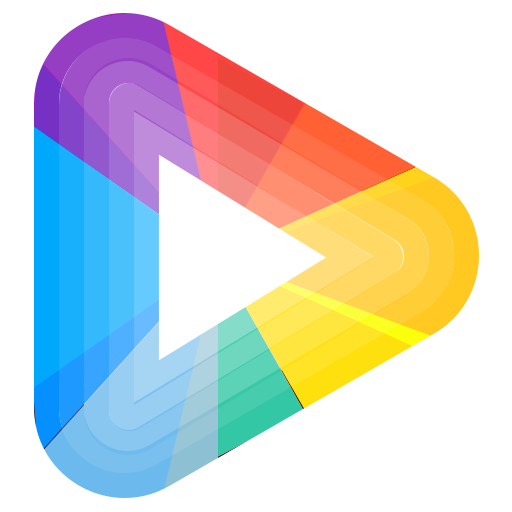Social media
Internet
Data Journalism
Online Advertising
Department of
Digital Media
and Communication
Get to know us
Digital Media
and Communication
Digital Marketing
Communication
Multimedia Production
Public Relations
Tourism
Department of Digital Media and Communication
The Department of Digital Media and Communication of the Ionian University combines the science of Communication with Information and Communications Technologies. Digital Media Communication is an interdisciplinary field that has been particularly popular in recent years, as the rapid growth in the use of the Internet and Social Media has introduced new forms of communication.
CONTACT
Postal AddressAntonis Tritsis Ave Argostoli
Kefalonia, Argostoli
PC 28100, Greece
(+30)26710 27311
secdmc@ionio.gr





